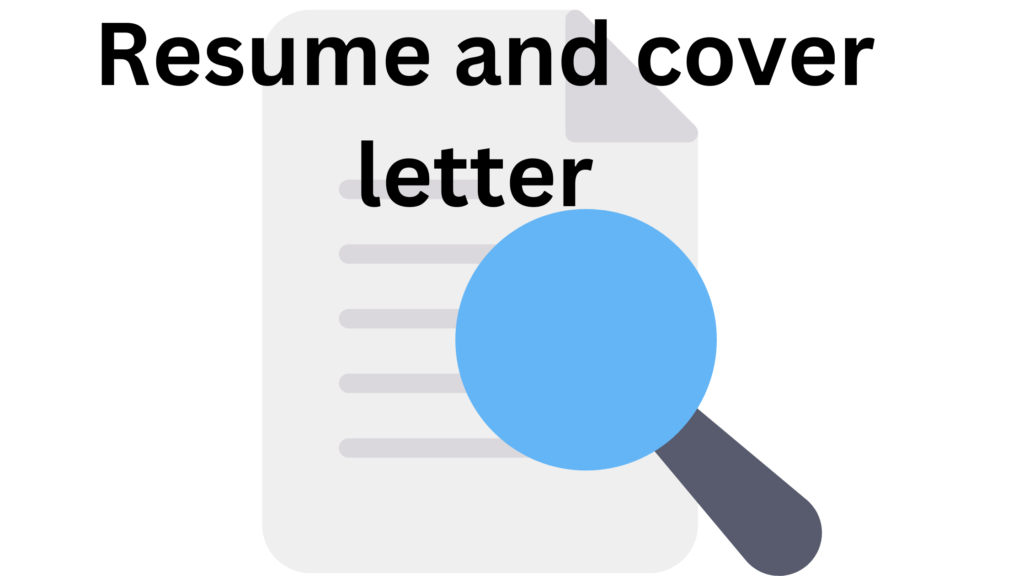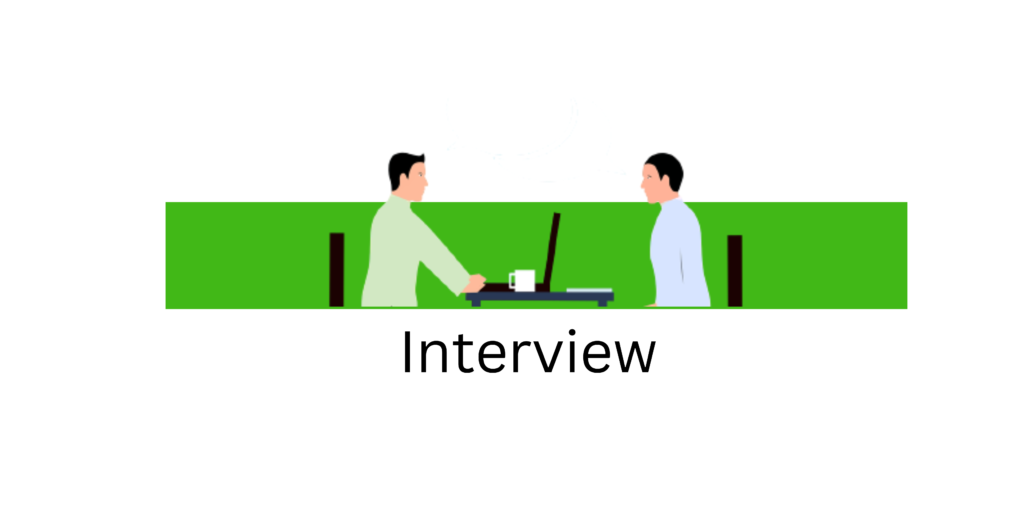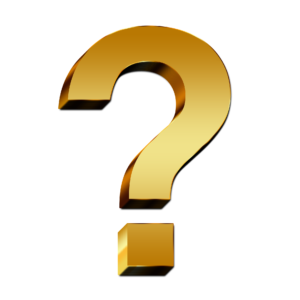How to Write Job Application Letter with Resume
A Job Application Cover Letter is a letter to be send along with your Resume to inform the employer about your skill, education, and experience

Cover letter must reflect your attitude, personality and it must be on one page
It must describe the interest and ability of candidate to perform the job in that company
Candidate must ensure that the most relevant work experiences are presented to match company’s requirement
Also ensure that correct grammar, spelling and punctuation are used.
Job Application Letter
Write an Introduction of yourself in the first paragraph. Mention about your interest in the position and how you learned of the opening in that organization,
In the second paragraph stress your ability to do the job and describe that your skills and work experience match the qualifications sought. Present other relevant information about your background also.
You should show your confidence in receiving a positive reply and thank the employer for considering your application in the concluding paragraph.
Format of a good Resume
Resume (Curriculum Vitae) is a summary of your abilities, education, and experience. And keep only relevant and concise information
Format of a good Resume
Contact Details:
Write your full name, address, telephone number, and email
Resume Objective:
Resume objective is a statement which furnish a summary of your career and your career objectives. Importance of Resume objective is declining nowadays.
Educational Details:
Educational Details section includes information regarding your training.
Start with your latest training experiences, list the year you received your degree, name of degree, Full name and the location of the institution
Work History in chronological order:
List all your current employment experience with most recent one and the following experiences in reverse chronological order,
Jobs for the Last 15 years with dates of employment and various positions held within various organisations
Skills and Professional Affiliations:
Include your skills, information on your membership in professional organizations if any. If you have any important positions on certain committees, include them along with the date of appointment and activities completed under your direction. Mention about extra-curricular activities also
brainstorm yourself by asking questions like what are the jobs performed by you, and how you performed that, based on these questions, write down your answers.
Publications:
Mention about your publication if any
References:
References include name, position, address, telephone number, and email. If you would prefer to leave these out, it is best to write “references available upon request”.
Different types of Resume Format for freshers
The above stated resume is also known as chronological type in which educational and work experience details are stated in chronological order. Other important types of resume are functional and combination type.
In functional type, your skills, additional skills and academic achievements are focused instead of expressing work history in chronological order. Used by people who have gap in employment history.
- Functional type resume is suitable for people who are quite frequently change their career,It is suitable for fresh candidates also, so that they can highlight skills, additional skills and academic achievements. Instead of work history in chronological order
- Combination type resume is a combined form of chronological and functional type resumes and it is suitable for position that requires a lot of technical skills and expertise,
How to face the interview:

Learn in detail about the company’s Quality statements, its vision, mission, and prepare your answers based on that.
Make a resume tailored for the job requirements and align your skills accordingly
Practice common interview questions and be prepared to provide specific examples from your prior experience.
Dress suitably for the job you’re applying to make a good impression
Be clear, confident, and enthusiastic about the opening.
Make eye contact, listen carefully to the interviewer, and speak clearly.
Reach early to the interview location.
Keep extra copies of Resume and any other relevant materials, such as a portfolio or work samples.
Send an email to the interviewer within 24 hours of the interview to reinforce your interest in the job you applied for
Common interview questions:
Introduce yourself?
- What are your strengths and weaknesses?

- What are your long-term career goals?
- Explain about your leadership style?
- What are your salary expectations?
- How do you prioritize your tasks and manage your time?
- What experience do you have that makes you qualified for this position?
Explain Different types of Interviews:
- Telephonic interviews:
Employers use this method to screen the candidates before face to face interviews
Be serious to attend the questions, sit alone in a calm atmosphere
- Formal face to face interview
- Panel interviews conducted by a group of people
- Group interviews: here number of candidates are interviewed at the same time